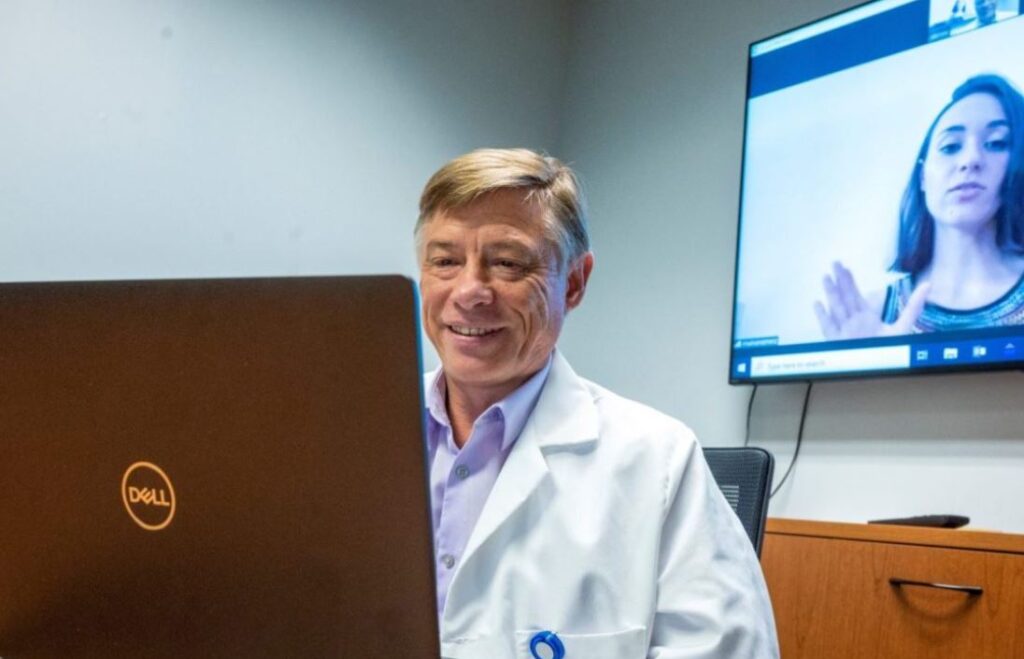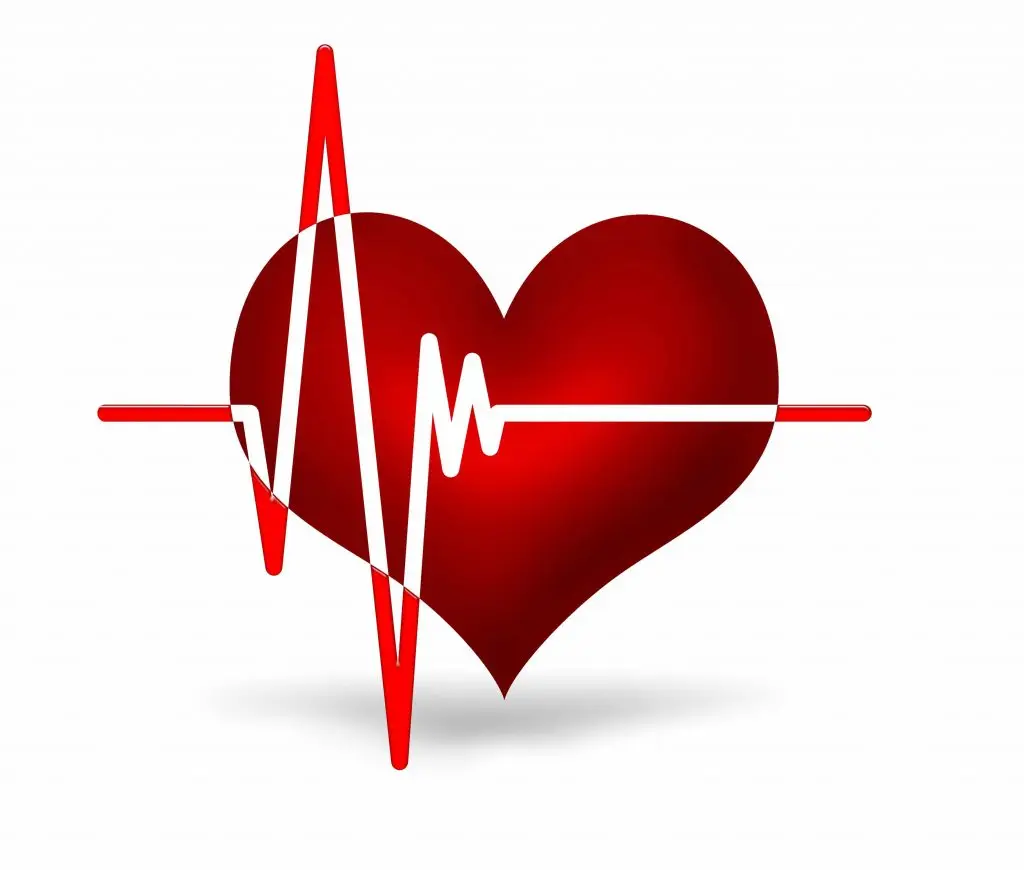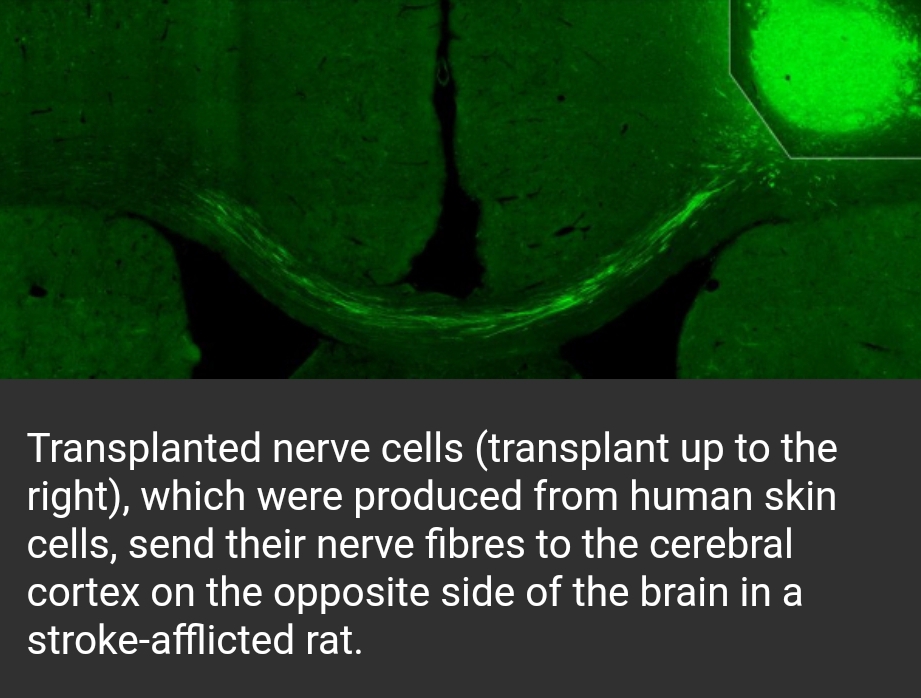
In the aftermath of a stroke or traumatic brain injury (TBI), a group of amino acids that typically support brain function contribute significantly to the brain destruction that can follow both these injuries, scientists report.
The new study provides for the first time the surprising evidence that four common nonexcitatory amino acids that usually make proteins which are essential to brain function, instead cause irreversible, destructive swelling of both the astrocytes that support neurons and the neurons themselves, says Dr. Sergei Kirov, neuroscientist in the Department of Neuroscience and Regenerative Medicine at the Medical College of Georgia.
“There are many ways to kill neurons...
Read More







Recent Comments